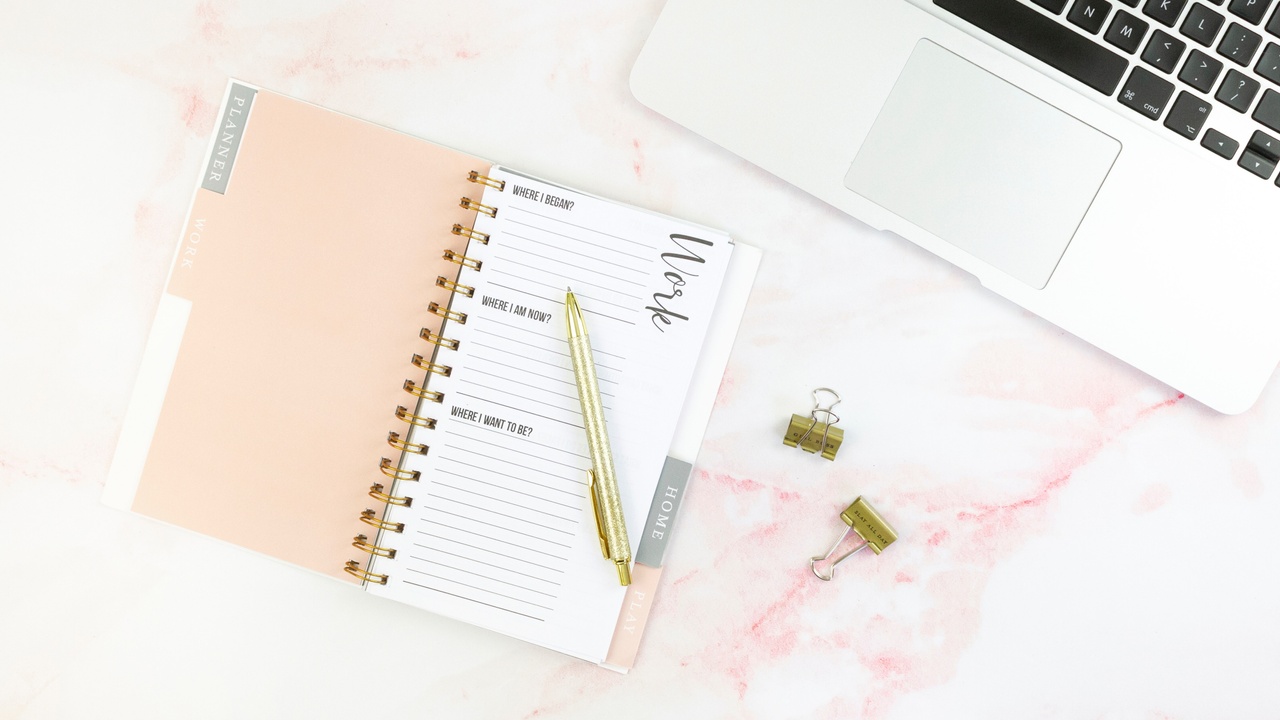5 Period Essentials for PMS free periods
Jun 09, 2022
Up to 91% of women have reported one or more PMS symptoms at some point in their lives! That's a LOT of women, almost all of them, actually.
1. Addressing your overall gut health
Gut issues could be stemming from a dysbiosis (overgrowth of pathogenic microbes in your gut), from poor circulation, from stress, or other functional digestive issues like low stomach acid, poor digestive enzyme secretion, etc!
So start small and simple with the basic pieces!
- Adequate hydration!
- Don't underestimate how much your gut health can be affected by getting enough water AND electrolytes! This part is important. If you feel like all you do is pee out the water you drink, you may not be absorbing it.
- Fiber
- Yeah it's not cool and fun to talk about fiber, but if you're not getting enough, it's also not fun to be seeing mood swings, constipation, heavy periods, migraines, and period flu symptoms every month.
- Make sure you're getting about 1-2 cups of veggies or fruit with each of your meals! Whatever fruit, whatever veggie, and prepared however you want. This can make a huge difference for your microbiome.
- Our microbiome thrives off "short chain fatty acids" (SCFA). And guess how these are made? From eating fiber! If you're not eating enough fiber, you're not making enough SCFAs.
2. Addressing elevated estrogen levels

-
If you're not pooping daily, start there! As mentioned before, this could be from dysbiosis, stress, poor circulation, or other digestive issues. If you need help troubleshooting this, schedule a discovery call!
-
Increase your cruciferous veggie intake. Cruciferous veggies help with liver metabolism of estrogen and break down to make a compound called DIM which helps to eliminate estrogen.
-
B vitamins- your liver loves b vitamins to help with phase 1 AND phase 2 of liver metabolism. Just make sure they are in the methylated forms!
-
Sweating daily! This is a simple one that many people overlook. Shoot for about 30 minutes of sweating daily to help with detox and elimination of hormones, and many other things as well.
3. Managing stress and your cortisol rhythm
Chronic stress is the number one cause of chronic health issues in our society. And who do you know that isn't chronically stressed? It causes inflammation, lowers your immune system, causes issues with ALL your hormones (thyroid, blood sugar and insulin, estrogen, progesterone, you name it!), and makes you feel like you're losing your mind. Who wants that?! No thanks.
Our sympathetic (fight-or-flight) nervous system is taking over our lives. Working to get back to the parasympathetic (rest and digest) state can help with many things.
-
Get morning sunlight: Go outside for 10 minutes within 2 hours of sunrise. This will help to get your cortisol awakening response started in the morning so you don't feel like you're dragging yourself to wake up.
-
Consistent wake time: Your brain and body don't have a clock telling you that it's the weekend and you can wait for your cortisol to rise. So having a consistent wake up time WILL be helpful for your energy levels AND your sleep!
- If you're finding that you need more sleep, go to bed a little earlier, or take a 20 minute power nap (before 1pm).
- Within 2 weeks of a consistent wake up time, you'll find that you're waking up easier, having more energy, AND falling asleep better. And guess what? That translates to more energy and fewer crashes in your luteal phase!
4. Raspberry leaf tea
One of my favorite herbs for so many concerns. It's helpful for pregnancy, labor, delivery, postpartum, AND for period pain and heavy bleeding.
Raspberry leaf is known as a uterine tonic. This means it helps to tonify your uterine muscle. Tonify is term used in herbal medicine that means if something is too tight, it helps to relax it, if it's too loose, it helps to strengthen it. That's why I love herbs! It works synergistically with your body to do what your body needs.
The therapeutic dosing of herbs is higher than you might think. So if you've tried raspberry leaf tea in the past and didn't notice a difference, it may have been because you weren't drining enough.
If you're doing tea bags, you need 3 tea bags PER CUP of water. If you're doing a loose leaf (which is the more cost effective option), you want to do 1/4 cup of tea (or 3 tablespoons) per cup of water. Depending on how severe your pain or bleeding is, you'll want to do 1-3 cups daily.
5. Castor oil packs
If you want a personalized plan on what YOUR body needs so you can have more energy, less mood swings, and feel like yourself all month long without any PMS, schedule a discovery call today and learn about how we can create a plan that fits for your schedule & life.
SUBSCRIBE FOR WEEKLY HORMONAL HEALTH INFO
Learn about lab testing, supplements, nutrition, and more!
We hate SPAM. We will never sell your information, for any reason.



